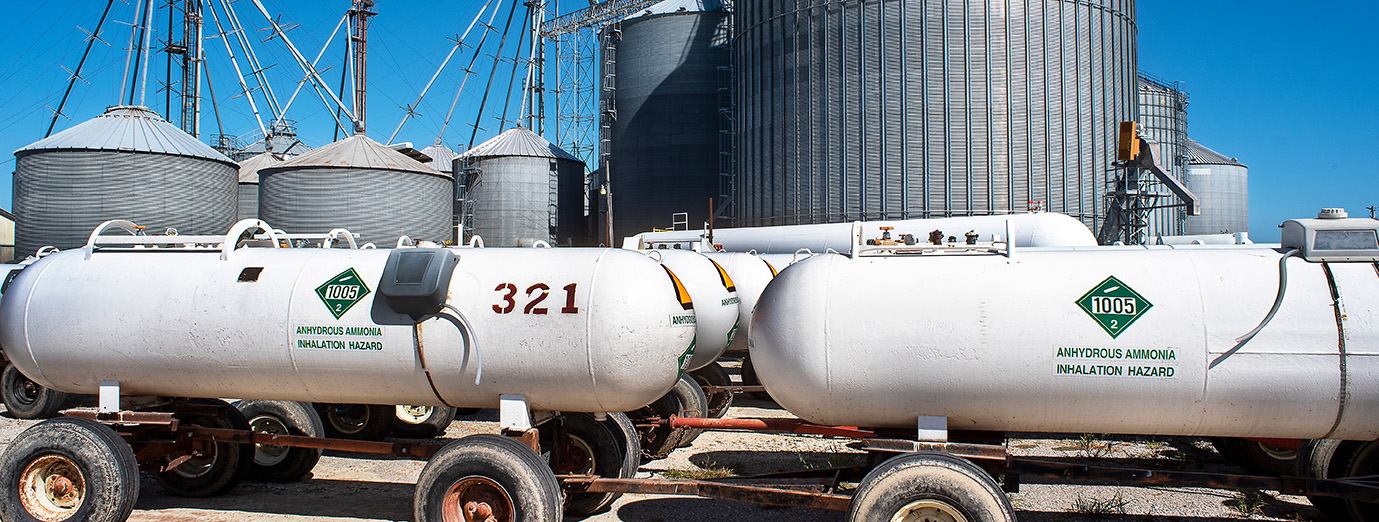Methamphetamine and Agriculture: Facts, Theft Prevention Tips, and Contact Information

What is Methamphetamine?
Methamphetamine is a highly addictive nerve stimulant similar to cocaine or even caffeine. It is known on the street as meth, crank, speed and ice, and can be smoked, injected, snorted or taken orally. Meth is commonly sold in the form of pills, powder and chunks.
Where is Meth Manufactured?
Meth, historically, has been manufactured in small, clandestine laboratories found in rural areas. Meth producers use recipes involving precursor chemicals derived from various consumer products including cold medicines, drain cleaners, and battery acid. While there are several ways to manufacture methamphetamine, one “recipe” features anhydrous ammonia as a key ingredient. This chemical is commonly used for agricultural purposes, making the Illinois farmer a prime target for anhydrous ammonia thefts.
How Does Meth Affect Me?
Because the manufacturing of methamphetamine produces highly toxic chemicals, meth labs and the waste they leave behind can have a significant and dangerous impact on the community in which they are found. Meth manufacturers may reside in rural areas to avoid easy detection by police and neighbors and use the resources that are readily available to them. These “resources” often include anhydrous ammonia. Illinois farmers can protect themselves and their families by monitoring their nurse tanks and taking a few simple precautions.
Theft Prevention Tips:
Remember, the proper storage of anhydrous ammonia is important for the safety of you and your family and can help prevent the manufacture of methamphetamine.
- Have tanks delivered as close to the time of application as possible.
- Position tanks in open areas where they can be seen from the roadway.
- Avoid placing tanks in remote areas. Tanks that appear to be unattended are often targeted for theft.
- Inspect the condition of each nurse tank upon delivery and return.
- Check tanks frequently for tampering. The presence of buckets, coolers, duct tape, garden hoses and bicycle tire inner tubes are items frequently left behind by ammonia thieves. Take notice of any fresh tracks around the tanks that may indicate someone has walked or driven around the tank.
- Return tanks immediately after use.
- Report any signs of tampering to your local law enforcement agency and to your fertilizer dealer. The dealers will inspect the tanks to ensure that the equipment has not been damaged and the tank is safe to use.
Contact Information
To report suspicious activity regarding methamphetamine production or trafficking, contact the Office of the Attorney General - Statewide Grand Jury Bureau at: 312-814-5200.
To obtain more information on methamphetamine abuse, call the Illinois State Police - Safety Education Division at: 217-524-2525.
Have your anhydrous ammonia tanks inspected by contacting the Illinois Department of Agriculture at: 217-782-3817.
Individuals with hearing or speech disabilities can reach us by using the 7-1-1 relay service.

